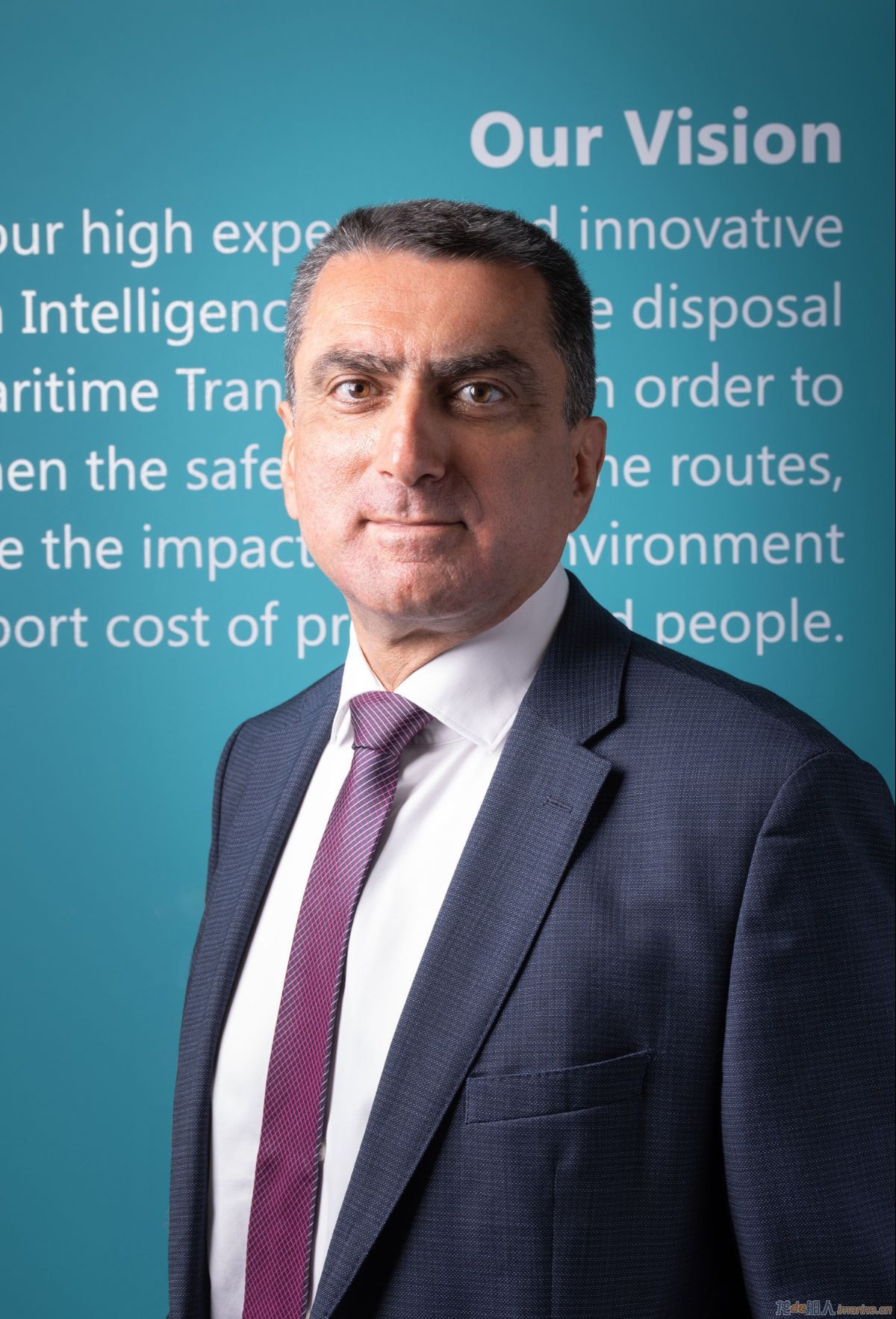|
|
Benefits of big data analytics add up to more than the sum of its individual cost gains and depend on user aims.
While monitoring engine performance offers a significant insight into how well a ship is functioning at sea, establishing a complete picture of efficiency demands an evaluation of all systems onboard and the way they interact, and the ship’s response to its environment. After all, a ship with a fouled hull routed unnecessarily through heavy weather can only get so far so fast, no matter how optimal the machinery performance.
It is also fair to say that ship efficiency aims will not be identical for the vessel’s manager, its owner and the charterer. Data covering machinery performance, the ship’s physical condition, weather forecasts and previous experience must therefore be properly harnessed to support users with different aims.
METIS Cyberspace Technology’s Microsoft Azure-powered platform uses the power of Artificial Intelligence to combine real-time performance analysis with proactive decision support so that distinct ship efficiency needs are met - for owners, managers and charterers.
The METIS platform uses a network of Wireless Intelligent Collectors to harvest data from onboard machinery, navigational equipment and operations regardless of equipment supplier. Its performance analysis also integrates AIS, data fetched from daily/arrival/departure reporting and weather forecasts.
“Round the clock data acquisition from all available sources provides a rich, high-resolution picture of ship performance rather than a patchwork of inconsistent or even manually collected datasets,” says Mike Konstantinidis, CEO, METIS. “Benefits add up to more than the sum of its individual technical, operational and cost gains, and depend on the user’s aims.”
 -->
-->
Today, over 250 ships use the METIS cloud platform, measuring 2.5 billion performance data points monthly which combine automated data acquisition with high-grade analysis for fleet managers, chartering/operations departments and ship personnel.
For the ship manager, the complete dataset brings the ability to model ‘what-if’ scenarios, for example to predict the route with the best possible balance between safety, voyage time and fuel efficiency, to avoid specific areas, or to specify the expected time of arrival.
“As the industry’s only end-to-end platform powered by AI, however, the true value of the METIS solution is cumulative for individual ship efficiency and fleet-wide,” says Konstantinidis. Using machine learning, the platform evaluates itself every seven days and retrains monthly to refine the correlation between weather, hull fouling, power use, fuel efficiency, etc.
This is a game-changing approach to ship efficiency that depends on a value judgement set by the user. Where one owner emphasises that the METIS platform brought a 27.5-per cent reduction in fuel consumption, for example, another highlights how its predictive power led to a one-and-a-half day cut in voyage time while using less fuel.
Ship managers, meanwhile, can measure efficiency in the ‘real terms’ of whether or not the vessel meets the terms of its Charter Party Agreements, courtesy of a new software module from METIS devised for the purpose. Once all CPA terms are imported, the user can identify potential deviations from specified efficiency requirements, with automated notifications applying when the speed consumption curve exceeds predefined limits.
METIS has even refined its cloud-based data acquisition and ship performance reporting solution to offer shipping’s first tool to monitor the emissions in comparison to target values and predict the trade-off between emissions reduction and debt servicing for ships financed under the Poseidon Principles.
A new module calculates whether and when ships will need investments to keep pace with the IMO average efficiency ratio (AER) underpinning the Principles. It provides the first viable methodology for owners to predict whether their ships would benefit most from investment, a change in operating profile or disposal in response to advancing emissions rules. In its next phase METIS will add scenario-based analysis to predict the impact of individual technology upgrades.
|
|